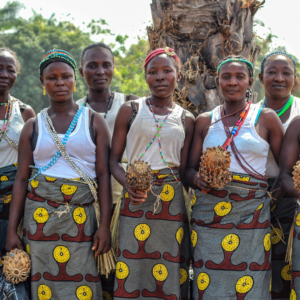UN experts have welcomed President Luiz Inácio Lula da Silva’s decision to veto 63 articles of Brazil’s recently adopted environmental licensing law, calling it a crucial step in preventing the weakening of environmental oversight and safeguarding human rights, the environment, and the climate. The experts noted that these vetoes reflect Brazil’s commitment to upholding its international human rights and environmental obligations.
Prior to the veto, the experts had raised serious concerns that the law would significantly regress protections for the environment, climate, and human rights. They warned that it could undermine the duty to prevent environmental and climate harm, address the triple planetary crises of climate change, biodiversity loss, and toxic pollution, and protect against business-related human rights abuses. In July 2025, they cautioned that the bill “opened the door to serious risks of irreparable harm to communities and ecosystems.”
The presidential veto addressed the most problematic provisions, including exemptions for mining activities from licensing requirements, allowances for self-licensing of medium-risk projects, weakening of free, prior, and informed consent processes for Indigenous Peoples and Quilombolas, reduced protections for the Mata Atlántica, and decentralization of authorities that could have compromised oversight and accountability. The law retains a simplified licensing reference for “strategic projects,” with precautionary evaluation measures still in place.
The experts emphasized that all projects, strategic or otherwise, must undergo comprehensive environmental impact assessments using the best available science, including Indigenous knowledge systems. They praised the government for listening to affected communities and scientific voices, noting that this decision helps protect the human rights of Indigenous Peoples and Quilombolas, safeguards the environment and climate, and promotes economic and national interests.
Finally, the experts urged Brazil’s National Congress to uphold the vetoes, warning that reversing them would violate the Constitution, human rights, environmental protection, and international obligations. They called on Brazil to continue strengthening consultation mechanisms with Indigenous Peoples, Quilombolas, and local communities to ensure future legislation meets environmental, climate, and human rights standards, aligning with Brazil’s role as host of COP30 in Belém.






